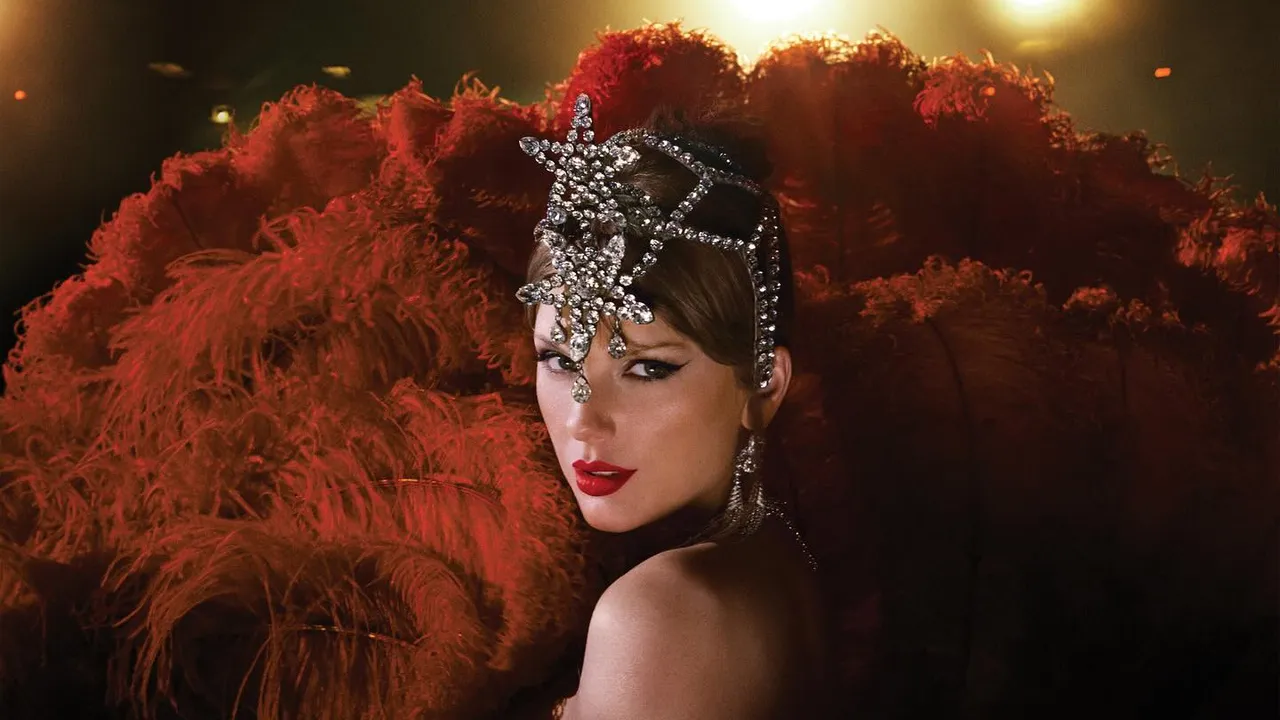Taylor Swift has released her latest album, and once again it’s less a bold artistic reinvention than a mashup of two familiar Taylor templates: one part please stop being mean to me on the internet, I am just a poor billionaire, and another part here are twelve more songs about being in love, again.
At this point, it feels like she has nothing new left to say. Swift has proven time and again that she can write some of the most endearing romantic songs in pop—Lover, Invisible String, New Year’s Day—all felt intimate and were brimming with a certain sense of romantic whimsy and detail that made her fans feel like they, too, want to be hopelessly in love. Even if you have never been a Taylor Swift fan, some of her songs do kind of evoke that romantic feeling in you.
This time, though, the love songs feel hollow. They’re oddly vague and emotionally flat, missing the sharp, charming details that once defined her writing. Swift has written deeply romantic tracks before about men she only dated for a few months, so it’s jarring that a relationship as high-profile and long-running as this one would inspire lyrics so generic.

Even musically, the album struggles; the tracks blur together without the punch or depth that used to set her apart. Throughout her career, Swift has made quite a few pop songs that felt perfect for a car ride sing-along, but upon the first couple of listens, this album doesn’t deliver a single track that feels worth revisiting.
There is also a particular hint of irony that seems to be lost on her when you think of the fact that Taylor Swift has always complained about the media pitting women against each other, and even in some of these songs, the apathy and misogyny that female artists face on the internet is a recurring theme. But then she went ahead and wrote a subpar diss track about Charli XCX, where she reduces her bravery to being on coke as she weaponizes drug use, a questionable choice to say the least.
You are arguably the biggest pop star on the planet, and you are beefing with an artist who has only hit the mainstream spotlight in the last couple of years? Where is your bravery when it comes to speaking out on actually relevant political issues, when you have a platform this huge.
The record, which follows The Life of a Showgirl, arrives with Swift still under a microscope — not just from critics dissecting her lyrics but from fans and activists frustrated with her continued silence on major political and human rights issues, even as she wields one of the largest global platforms of any entertainer alive.
That tension hangs over the tracks, where Swift takes aim at online culture with lines like “Everybody’s so punk on the internet / Every joke’s just trolling and memes” (from Eldest Daughter), casting herself as the weary victim of digital cruelty. The problem, of course, is that this “frazzled underdog” posture rings hollow coming from a woman worth more than $1.6 billion, who jets between sold-out stadiums and Parisian hotel suites.
Elsewhere, the album is thick with songs about her fiancé Travis Kelce — breathless odes to commitment, gift-giving, and, awkwardly, the size of his anatomy. Wood in particular, with its clumsy metaphors about “redwood trees” and “magic wands,” already stands out as a lyrical low point, like a bachelorette party singalong committed to vinyl. It’s the kind of writing that makes listeners long for the sharper Swift of All Too Well or Blank Space, when her storytelling cut with precision rather than self-indulgence.
Still, fans will find the familiar beats: wistful reflections on old flames (Opalite), theatrical tragedy (The Fate of Ophelia), and of course, celebrity grievances repackaged as empowerment anthems (Cancelled and Father Figure). There’s also the inevitable nod to her own myth-making — “I been number one but I never had two” — a reminder that her fixation on her chart position is as much a part of her brand as the sequined bodysuits.
What’s left is an album that doesn’t move the heartstrings—it just feels recycled.
If there’s irony here, it’s that Swift positions herself as embattled and misunderstood while refusing to use her immense influence to speak up on issues affecting people far more vulnerable than herself. Instead of taking political risks, she spends entire verses lamenting her treatment online or spinning yet another romantic storyline.
The result is an album that feels oddly small for someone so culturally dominant: Taylor Swift, trapped in the paradox of being the world’s most powerful pop star who insists she is forever the victim.

